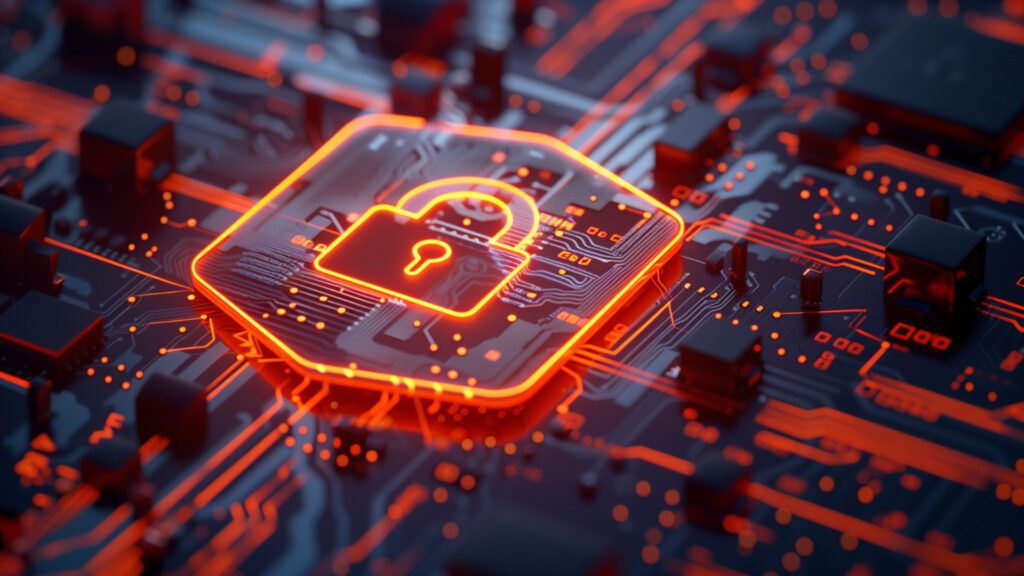Blockchain technology has become a revolutionary force in various industries, including finance, supply chain, and online gaming. Its decentralized framework improves transparency and security, making it an attractive option for businesses looking to innovate their payment systems. Many of the best upcoming crypto projects also focus on user and investor security. For example, Alan Draper claims that Pepe Unchained is a new layer 2 blockchain designed for speed, security and low fees, with a focus on memes.
However, the integration of cryptocurrencies also requires robust cybersecurity measures across all sectors. The goal is to protect users and the business from potential threats.
Common Threats in Blockchain Systems
There are several common threats to blockchain networks. Among them are phishing attacks, in which hackers trick users into disclosing sensitive information. In 51% of attacks, a single entity takes control of the majority of the network’s computing power. This allows them to spend twice or cancel transactions. Vulnerabilities in smart contracts, where hackers exploit coding flaws, have also led to significant losses in various DeFi projects.
These security challenges highlight the importance of implementing rigorous cybersecurity measures. Regular audits, multi-factor authentication, and secure key management are just a few methods to mitigate these risks. As blockchain technology continues to integrate into more industries, improving cybersecurity frameworks becomes essential.
The role of advanced encryption in blockchain security
One of the pillars of blockchain security is cryptography. Advanced encryption ensures transactions remain private and data is secure. Blockchain networks rely on encryption techniques such as hashing and digital signatures, which make it almost impossible for unauthorized parties to modify data. However, the rapid pace of technological change means that encryption methods require constant updates to anticipate sophisticated cyberattacks.
For businesses dealing with sensitive financial transactions, encryption is essential to protect user data. Sites processing transactions must use strong encryption to protect their payment gateways. It ensures that cryptocurrency transactions take place securely and without interference from malicious actors.
Importance of regular security and compliance audits
Besides encryption, regular security audits play a vital role in maintaining the integrity of the blockchain. These audits help identify vulnerabilities before attacks. Companies that operate on blockchain, whether they offer financial services or supply chain management, must invest in continuous monitoring and updates of their security protocols.
Additionally, compliance with global safety standards is essential. Platforms handling cryptocurrency transactions must align with regulatory requirements to maintain user trust. For example, although crypto is “borderless” and anyone can use it for international transactions, not all countries have regulated crypto. Some have even banned it, so caution is required to stay on the right side of the law.
Improve user awareness
User education is another essential aspect of blockchain cybersecurity. Even the most secure systems can be compromised if users fall prey to phishing scams or don’t follow security best practices. Providing clear guidance on protecting private keys, recognizing phishing attempts and using secure devices can significantly reduce the risk of security breaches.
As blockchain becomes more prevalent, educating users on the importance of cybersecurity will help build a more resilient ecosystem. Whether it is financial transactions, data management or online gaming, user awareness is the key to a secure blockchain environment.

